Johnson & Johnson Global Public Health has created a series of unbranded research-based tools to equip vaccine confidence efforts in Africa. The first tool is a psycho-behavioral segmentation and community-level mapping of population segments. The next tool tests specific messages to guide what to say and who should say it to increase the willingness to vaccinate. Finally, a set of creative content utilising the message and messenger findings presented here are also part of the tools.
Related content
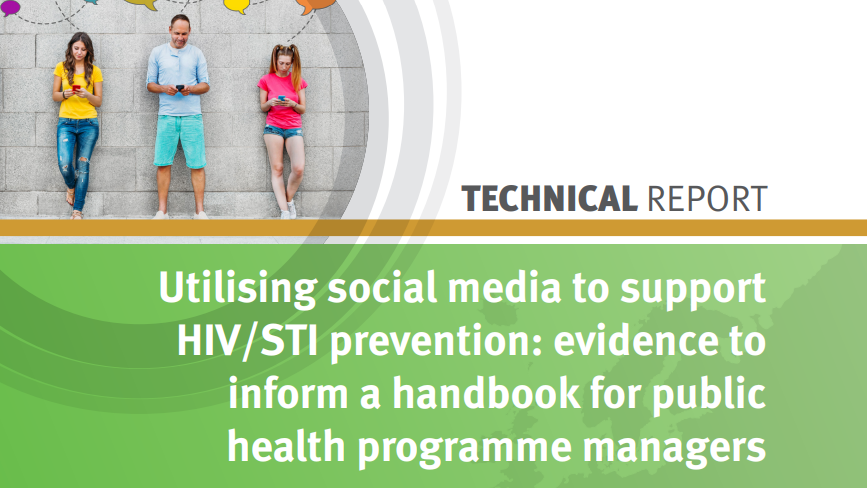
This report frames social media as an important tool not only to communicate, but also to monitor topics of discussion, prevalent sentiments, and define the characteristics of social networks among young people around different topics.
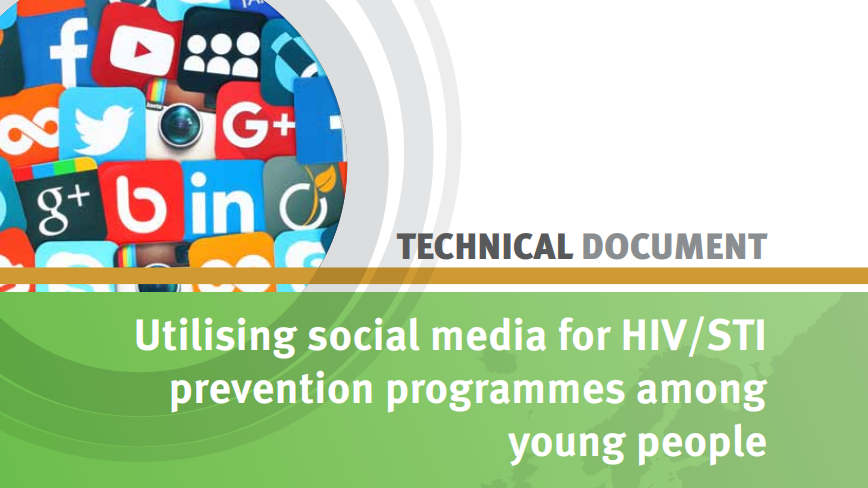
The target audience for this handbook includes public health programme managers working on and with STI/HIV prevention programmes for young people in EU/EEA countries.
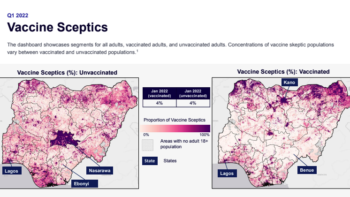
Johnson & Johnson Global Public Health has worked with Fraym to create a series of geospatial mapping reports aimed at improving hyper-local understanding of vaccine hesitancy across sub-saharan Africa.
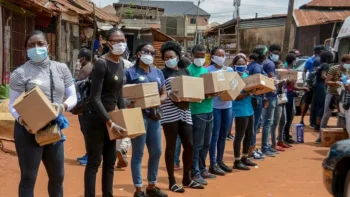
Overview The Vaccine Confidence Project at the London School of Hygiene & Tropical Medicine, in partnership with Premise, developed ASSURE – Assessing Signals and Supporting Resilience.
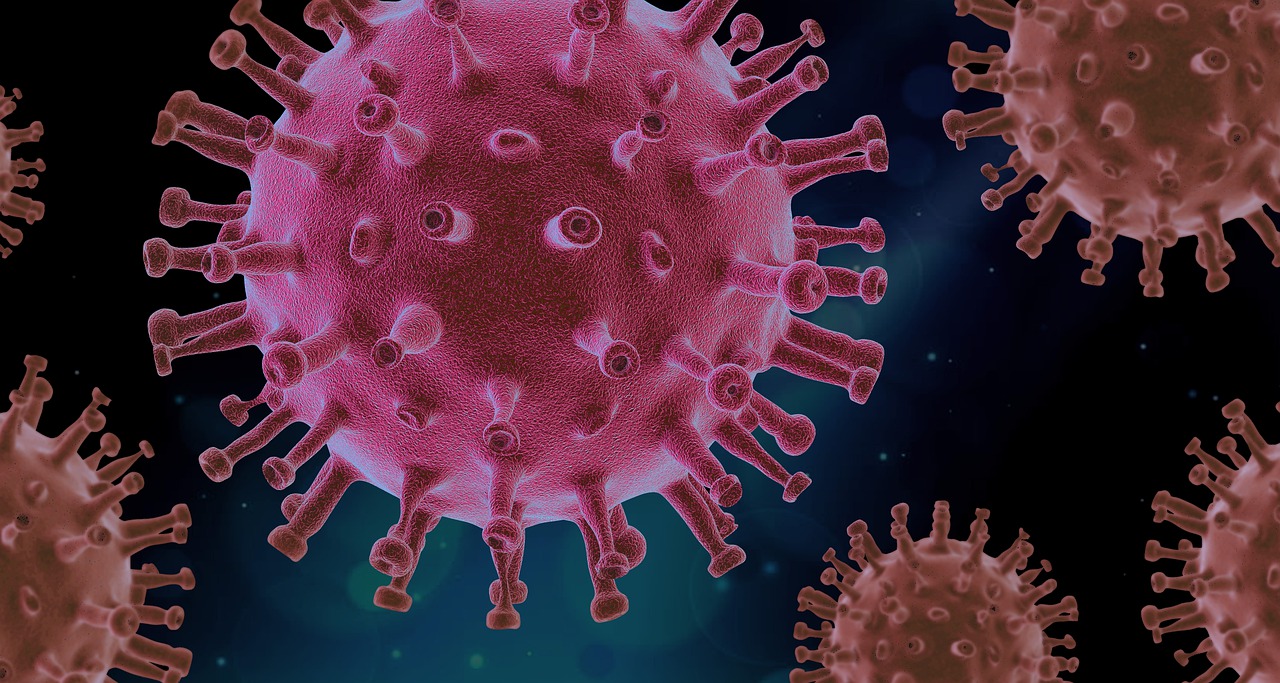
The VCP-Africa CDC working group has been conducting quantitative research in multiple waves from 2020 to 2022.

The UNICEF Regional Office for Europe and Central Asia (UNICEF ECARO) and the VCP worked in partnership to better understand the impact of social media on caregivers’ attitudes, beliefs, trust, immunisation intention and uptake.